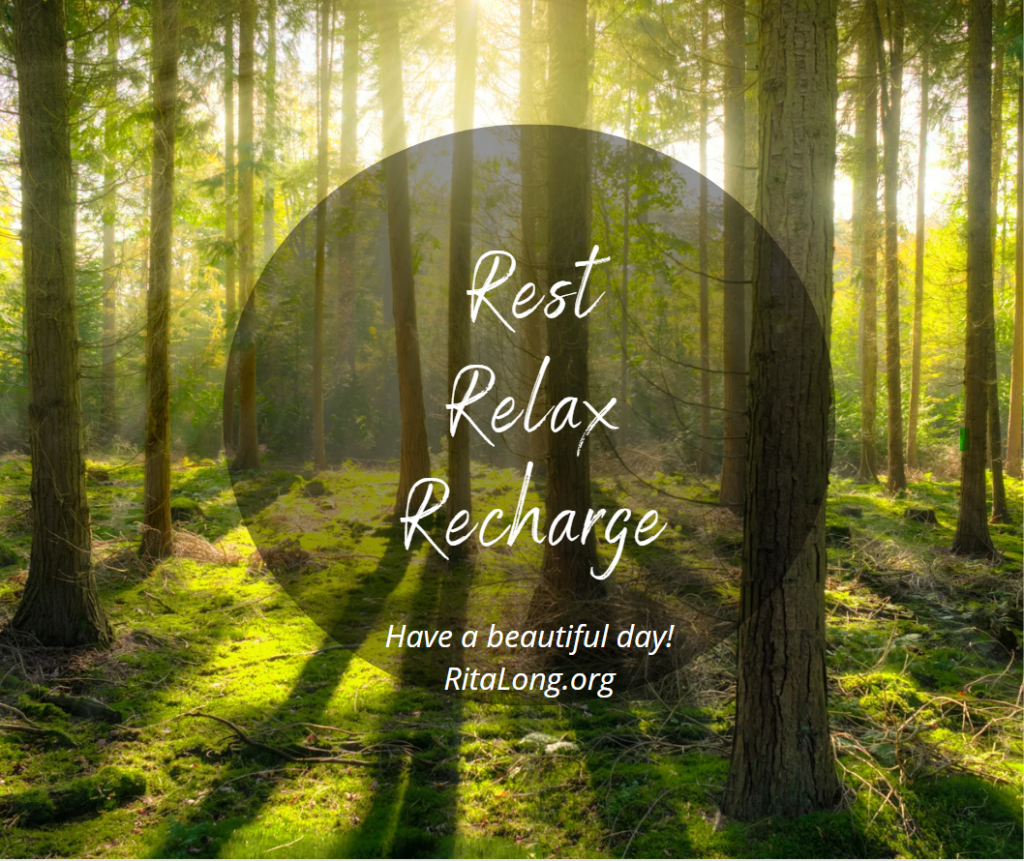Please join me in `15 days of challenges for Introducing mindfulness and stress management into your life. Introducing these techniques into a stressful life is crucial for several reasons. Firstly, chronic stress can have detrimental effects on both physical and mental health. It can lead to increased risk of heart disease, high blood pressure, and weakened immune system. Additionally, stress can negatively impact cognitive function, memory, and concentration, making it difficult to perform well in daily tasks and responsibilities.
Furthermore, stress can also affect relationships and overall quality of life. It can lead to irritability, mood swings, and decreased patience, which can strain relationships with family, friends, and colleagues. By implementing stress management techniques, individuals can improve their emotional well-being and enhance their ability to handle challenging situations effectively.
Moreover, stress management can also improve productivity and performance. When individuals are overwhelmed by stress, they may experience burnout, decreased motivation, and difficulty focusing on tasks. By incorporating stress management practices, such as mindfulness and relaxation techniques, individuals can enhance their ability to stay focused, make better decisions, and maintain a higher level of productivity.
Lastly, stress management can promote overall happiness and life satisfaction. By taking time to prioritize self-care and engage in activities that reduce stress, individuals can experience greater joy, fulfillment, and a sense of balance in their lives.
However, it’s important to note that none of the stress managements techniques that will follow should not be used as a substitute for medical treatment for any health conditions.


